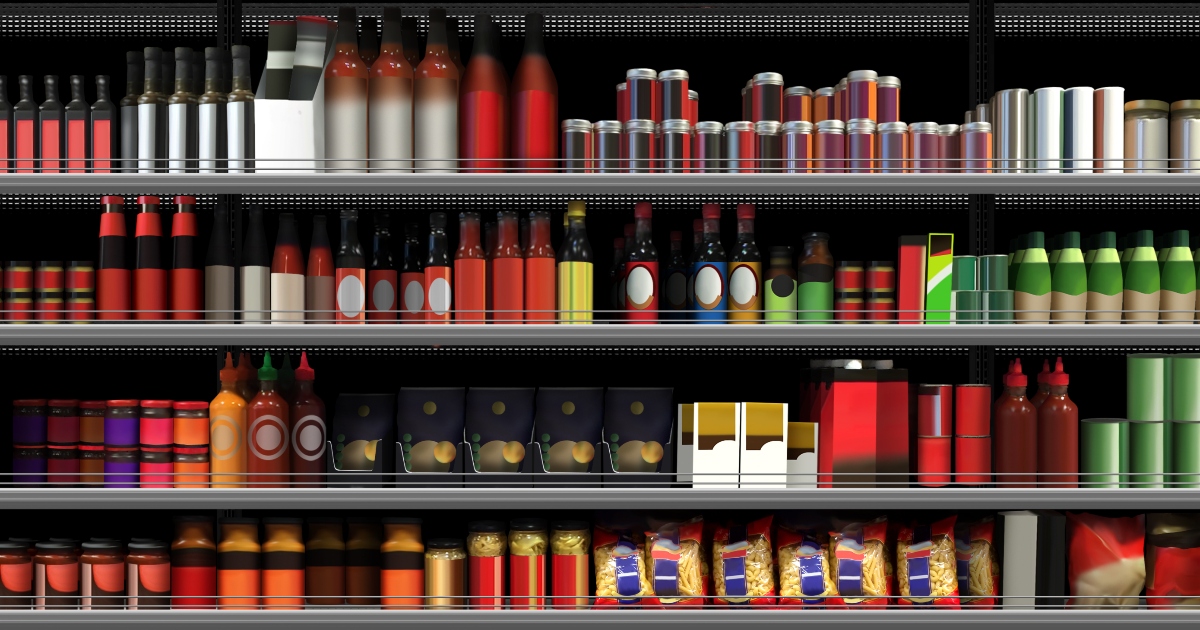Hope for ANZ consumer markets M&A despite economic headwinds
With cash-strapped consumers reluctant to spend and some businesses downgrading profit expectations, M&A activity in consumer markets has fallen sharply. Yet there are still some early signs of a possible recovery ahead.
By AnsaradaTue Jun 25 2024Mergers and acquisitions, Due diligence and dealmaking, Advisors, Industry news and trends, CEO-CFO

Consumer M&A struggles in early 2024
Over the past 12 months, consumer-facing businesses have been heavily impacted by a series of economic headwinds including inflationary pressures, higher interest rates, and subdued consumer confidence. The result has been a marked decrease in M&A activity.
Consumer discretionary M&A deals declined sharply in the March 2024 quarter, falling 59% quarter on quarter (QoQ) and 7% year on year (YoY), according to the latest Indicators data from the Ansarada Deals platform.
The falls haven’t just been restricted to discretionary retail. The consumer staples sector, typically more resilient during economic downturns, has also been hit by constrained consumer spending and rising costs, as well as increased political scrutiny. Ultimately, that led to a 56% decrease in deals over the quarter (QoQ) and a 16% decline over the past 12 months (YoY).
“The most critical challenge for the region is an anticipated deceleration in economic growth, which has hit consumer-facing businesses especially hard,” says Justin Smith, Ansarada’s Chief Revenue & Marketing Officer.
“While the impact on Australian consumers has been somewhat softened by a recent budget boost and the wealth effects of a resilient housing market, New Zealand has now entered its second technical recession in 18 months, affecting consumer confidence even further.”
Sluggish consumer confidence driving spending lower
Heightened inflation and rising interest rates have severely undermined consumer confidence in both countries, driving spending lower almost across the board. In Australia, the ANZ-Roy Morgan Consumer Confidence index dropped 3.2 points in April to 80.3, its lowest point in 2024, before lifting slightly in May in the wake of the Federal Budget. Yet even after this ‘budget boost’, only 11% of Australians expected ‘good times’ for the economy in the next 12 months, compared to one in three (33%) who predicted ‘bad times’.
The situation is similar in New Zealand, where the ANZ-Roy Morgan New Zealand Consumer Confidence index declined 4 points to 82.1 in April, approaching levels last seen during the global financial crisis.
These economic pressures along with the decline in consumer confidence have directly impacted consumer spending. In April, the Commonwealth Bank's Household Spending Insights data showed an overall fall of 1.1% in retail spending across Australia, with an even larger drop of 4.4% in spending on discretionary items. Even more markedly, Stats NZ reported in February that retail sales had fallen for eight quarters in a row, with further falls of 2.3% and 3.8% in March and April.
“Pending easing interest rates and a recovery in consumer sentiment, sluggish or declining sales will continue to constrain growth prospects for businesses across the sector, making them less attractive targets for potential acquirers,” says Smith.
Profit downgrades and surprise divestments
Despite the slowdown in consumer spending, some Australian retail stocks have performed well in 2024 amid a broader market recovery, reflecting the opportunities still to be found in parts of the sector. As at 22 May 2024, the S&P/ASX 200 Consumer Discretionary Index had risen 9% year to date, compared to the broader S&P/ASX 200 index, which was up 4.4%. In contrast, the Consumer Staples Index fell 4.6% over the same period.
Yet while sector performance has remained relatively healthy, individual businesses have found conditions more challenging, especially those most leveraged to the slowdown in retail spending. For instance, Bapcor, which sells car parts and accessories, downgraded its full-year profit expectations, citing weak consumer confidence and lower levels of discretionary spending. Baby Bunting also downgraded profit forecasts, with the company’s CEO, Mark Teperson, saying that their customers are sensitive to cost-of-living pressures and are managing their spending carefully.
Even sharemarket darling JB Hi-Fi issued a sales update warning of a “challenging and competitive retail market”, with total sales dipping 0.1% for the first quarter and comparable sales down 0.3%.
The picture was reversed in New Zealand, where the S&P/NZX All Consumer Discretionary Index fell 11.24% year to date, compared to a 1.88% decline in the leading S&P/NZX 50 Index. In contrast, the S&P/NZX All Consumer Staples Index surged 35%, recovering most of its declines of the last three years, thanks in large part to dairy giant Fonterra.
In mid-May, Fonterra surprised the market by announcing a “step-change in strategic direction”, including the full or partial divestment of its global consumer business (owner of leading brands including Mainland cheese, Western Star butter, and Perfect Italiano), as well as integrated businesses Fonterra Oceania and Fonterra Sri Lanka. It’s a move which has the potential to spark a resurgence of interest in the sector when those businesses come to market.
Green shoots and distressed sales
Fonterra’s announcement isn’t the only indication that consumer markets M&A could be set to recover, especially if inflation continues to moderate and central banks begin to relax interest rate settings. Pitcher Partners reports that their annual survey of mid-market dealmakers across the Asia Pacific showed a strong appetite for opportunities in Australia, with 45% nominating consumer businesses as potential investment targets.
International law firm Allens also points to a number of trends in consumer and retail M&A, including heightened foreign interest on the back of a weaker Australian dollar, and distressed sales of businesses in or at risk of insolvency. One prominent example was the repurchase of a controlling 50.1% stake in Go-To Skincare by founders Zoe Foster Blake and Paul Bates in a AU$21.8m deal in December 2023. That deal came just two years after they had sold the business to BWX Group for $89m, when BWX went into receivership.
Allens also notes that ESG due diligence will become an increasingly critical component of the M&A process, with at least one highly anticipated IPO (by fast fashion house Shein) reportedly “disrupted by allegations of modern slavery issues and adverse environmental impacts”.


